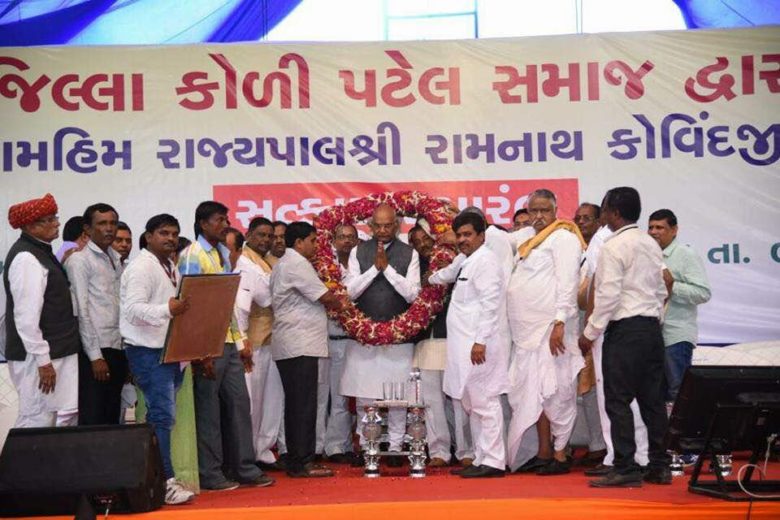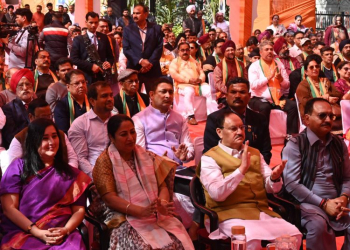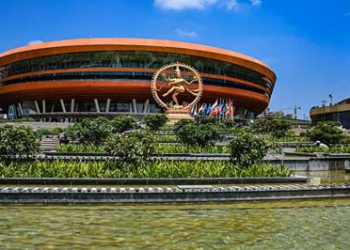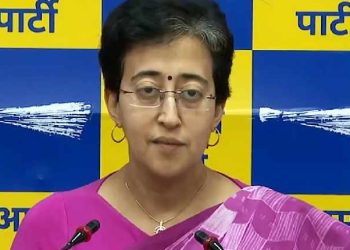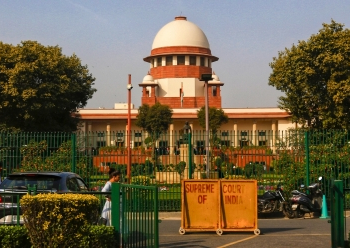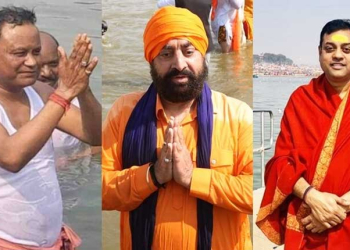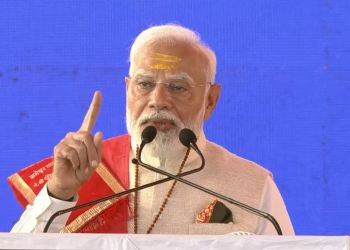Gandhinagar: The Koli community accounts for one-third of the population of Gujarat and has an equal vote share in the state. They can influence election results in 82 assembly seats with their domination over 44-45 seats, yet they have very little say in the leading political discourse and state politics.
As per youth leaders of the community, this is an outcome of the poor literacy rate in the community and socially and economically weak sub-caste based divisions within the community as community bigwigs are focused on their individual progress and not of the upliftment of the entire community.
Community youth leaders are trying to unite community members but the influential ones within are splitting them on the basis of sub-castes like Talapada Koli, Chuvalia Koli, Kedia Koli, Koli Patel etc. But now the youths have decided to fight them because “our existence and political weightage are at stake,” said Ranji Solanki, national president of New Samaj Koli Kranti Sena.
He cited two instances: recently, in the Jamraval municipal elections in Devbhumi Dwarka district, Koli community members contested under Vyavastha Parivartan Party symbol (VPP). It got a thumping majority as out of the 33 seats, 31 went to the Koli community and candidates of VPP. The BJP and the Congress were routed.
Citing the second instance, Solanki said that “On May 18, we will lay the foundation stone of an educational institute sponsored by a Koli charitable trust in Surendranagar. This will be a coaching centre for competitive exams for students that have finished school education. The community has decided that no political leaders invited for the occasion will be seated on the stage – they will be in the audience with other ordinary community members.”
“Along the Saurashtra coast in Rajkot, Surendranagar, Ahmedabad, Botad, Morbi districts, and in Bharuch, Surat, Valsad, Navsari cities in South Gujarat, the Koli community has dominance over many assembly seats. If political parties do not field Koli candidates then they can get defeated. But this is not happening because the community lacks unity. Various groups are now working to unite the entire community,” says Ranchhod Ughreja, president of Koli Thakor Sena, Rajkot.
He and other community members realise that “The way to unite the community is by means of literacy and socio-economic development. So, groups within the community are working on it, setting up educational institutes, spreading awareness about the need for education for the next generation. Once this and financial stability is achieved, it will be easy to unite the community,” believes Ughreja.
“The tug of war between two stalwarts, Akhil Bharatiya Koli Samaj President Ajit Patel and former minister Kunvarji Bavaliya has intensified and it will have a detrimental impact on the political weightage in the upcoming assembly elections,” fears Jethabha Jora who has been serving the community for more than three decades.
“Political parties hardly field 15 to 20 candidates. Though the community is decisive in 44 to 45 seats, internal fights between leaders take precedence over fighting for the community’s right and due representation,” said a Koli community leader requesting anonymity.
(IANS)



